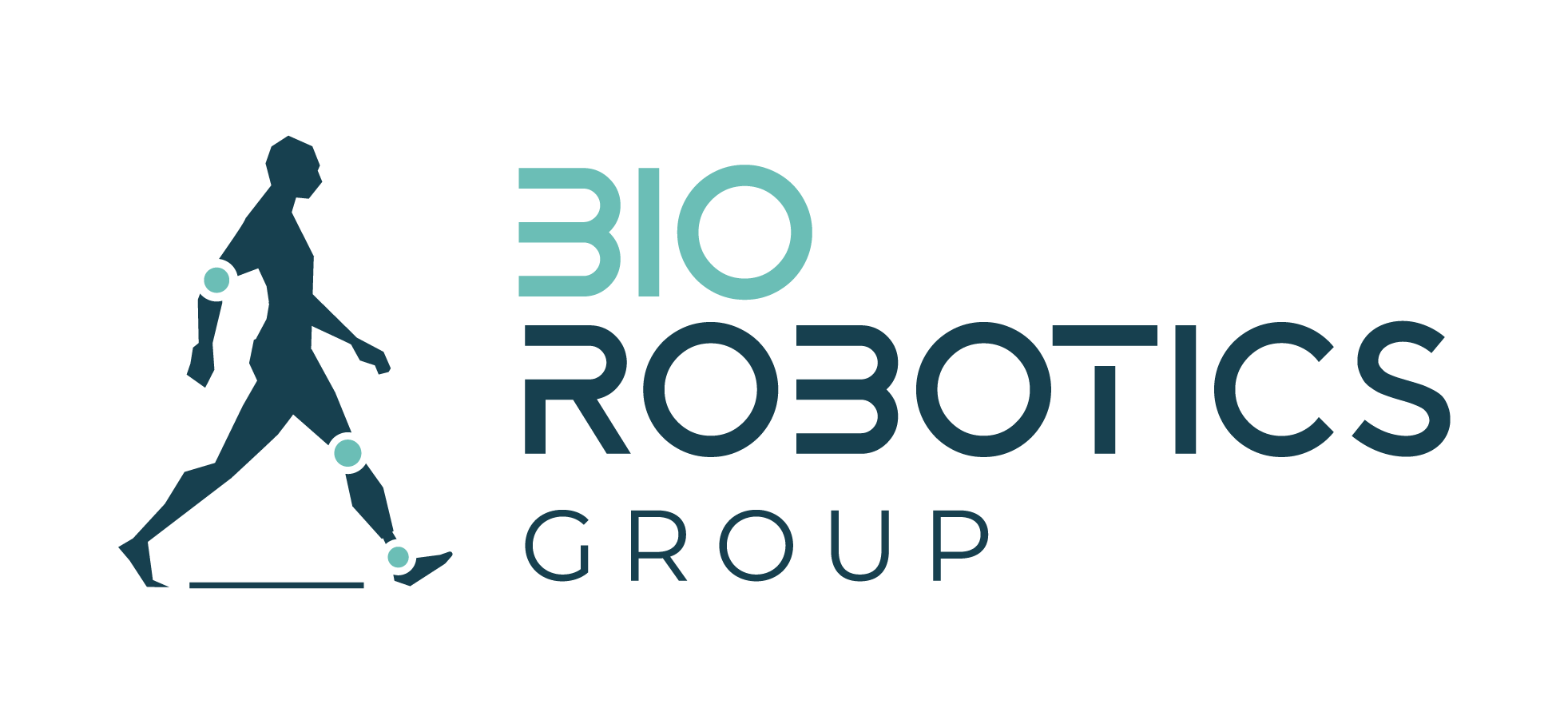ASSESSMENT & BENCHMARKING
NI, “Natural Intelligence for Robotic Monitoring of Habitats”
Abstract

Global warming and pollution are threatening the survival of one million over the eight million species in forests and oceans on the planet. The EU answer to these challenges is the set of deeply transformative policies contained in the European Green Deal. Among these policies a prominent role is given to the restoring and preservation of ecosystems by increasing the coverage of protected biodiversity-rich land and sea areas building on the Natura 2000 network.
Stretching over 18% of the EU’s land area and almost 6% of its marine territory, Natura 2000 is the largest coordinated network of protected areas in the world. The land and sea coverage will be increased up to 30% within 2030.
Today human operators are the only option to perform the environmental monitoring of such a large area. This is not only because of their specific expertise and knowledge in classifying plants and habitats but also because their physical intelligence allowing them to move for hours in wild unstructured environments such dunes, forests, and mountains.
The artificial alternative is robotics, which made tremendous advancements in recent years, however robots hardly leave laboratories and factories because they are not robust and efficient to survive in the real world. Flying robots do not have the required energy autonomy, while ground robots are not: i) intelligent to autonomously percept, interpret, and interact with highly uneven, slipping and irregular grounds, ii) physically robust to manage unexpected contacts and impacts.
The Natural Intelligence (NI) project aims to serve the European Green Deal via monitoring the natural habitats of N2000N with robots able to effectively move in dunes, grasslands, forests, and alpine terrains. NI robots will be empowered by Natural Intelligence, emerging by the interaction of environment, body and mind, leveraging on the fusion of artificial cognition and articulated soft-robotics bodies.
Researchers
Diego Torricelli
Coordinator
David Rodriguez Cianca
Postdoctoral researcher
Stefano Massardi
PhD Student
Useful information
Funded by the European Commission under the H2020 framework, Topic H2020-EU.2.1.1. Reference no. 101016970
